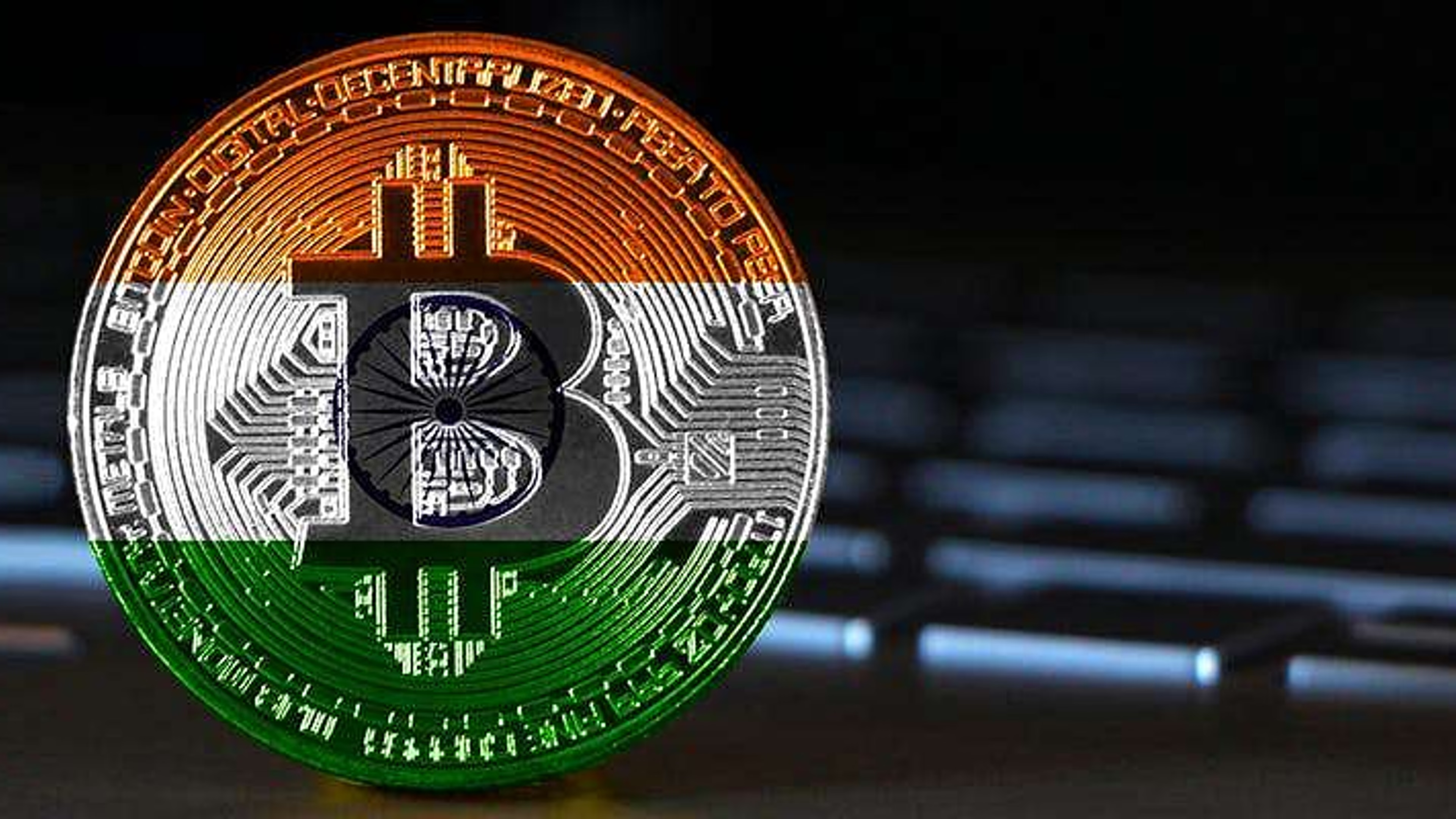AUTHOR- ELIZA FERNZ
DATE- 26/8/2024
INTRODUCTION
In the vast and vibrant landscape of India’s financial ecosystem, cryptocurrency has emerged as a powerful force, promising to reshape how transactions(1) and investments are conducted. With its massive population, burgeoning tech sector, and increasingly digital economy, India stands at a crucial juncture in the evolution of cryptocurrency processing. This blog explores the current state of cryptocurrency processing in India, the regulatory environment, opportunities for growth(2), and the challenges that lie ahead.

The Current State of Cryptocurrency Processing in India
Cryptocurrency, once considered a niche technology, has gained significant traction in India. From individual investors to major businesses, the interest in digital currencies like Bitcoin, Ethereum(3), and others has soared. Indian cryptocurrency exchanges and trading platforms have seen explosive growth, reflecting the rising appetite for digital assets.

1. Exchanges and Trading Platforms
Indian cryptocurrency exchanges such as WazirX, CoinDCX, and ZebPay play a central role in the cryptocurrency processing ecosystem. These platforms facilitate the buying, selling, and trading of digital assets, offering users a gateway to the world of cryptocurrencies. They provide essential services like real-time trading, market analysis(4), and secure storage of digital assets.
These exchanges operate under varying models, including centralized and decentralized exchanges. Centralized exchanges (CEX) manage user funds and transactions through a central authority(5), ensuring liquidity and ease of use. Decentralized exchanges (DEX), on the other hand, operate without a central governing body, relying on blockchain technology and smart contracts to execute transactions.
2. Payment Gateways
The rise of cryptocurrency payment gateways is another significant development. These gateways enable businesses to accept payments in cryptocurrencies, providing an alternative to traditional payment methods. Payment solutions from providers like BitPay and CoinGate allow merchants to accept payments in Bitcoin, Ethereum, and other digital currencies, offering benefits like lower transaction fees and faster processing times.
03. Wallets and Custody Solutions
Cryptocurrency wallets are crucial for managing and securing digital assets. They come in various forms, including software wallets (applications or online platforms) and hardware wallets (physical devices). Software wallets offer convenience, while hardware wallets provide enhanced security. Custody solutions, tailored for institutional investors, offer advanced security features to protect large volumes of cryptocurrency.
Regulatory Landscape
The regulatory environment for cryptocurrencies in India has been a topic of considerable debate and evolution. Historically, the Indian government and regulatory authorities, particularly the Reserve Bank of India (RBI), have maintained a cautious stance on digital currencies.
1. Historical Context
In 2018, the RBI imposed a banking ban on cryptocurrency transactions, which significantly impacted the market. This move was aimed at preventing the use of cryptocurrencies for illicit activities and protecting the financial system. However, in 2020, the Supreme Court of India overturned this ban, ruling it unconstitutional and restoring the ability of financial institutions to deal with cryptocurrencies.

2. Recent Developments
Following the Supreme Court’s decision, the Indian government proposed new regulations to address the growing popularity of cryptocurrencies. The proposed legislation aims to establish a framework for the regulation of digital assets, including provisions for a central bank digital currency (CBDC) and measures to address concerns related to financial stability, investor protection, and anti-money laundering.
The evolving regulatory landscape reflects the government’s intent to balance the benefits of blockchain technology with the need for robust oversight. As of now, stakeholders must stay informed about ongoing legislative developments to ensure compliance and adapt to changes.
Opportunities for Growth
India’s cryptocurrency sector presents numerous opportunities for growth and innovation, with potential benefits spanning various areas:

1. Financial Inclusion
Cryptocurrencies have the potential to enhance financial inclusion by providing access to financial services for underserved populations. With a significant portion of India’s population lacking access to traditional banking services, digital currencies can offer an alternative means of transaction and savings, especially in remote and rural areas.
2. Technological Innovation
The rise of cryptocurrencies fosters technological innovation, driving advancements in blockchain technology, smart contracts, and decentralized applications. India’s thriving tech ecosystem can leverage these innovations to develop new solutions, create job opportunities, and enhance the overall digital infrastructure.
3. Global Competitiveness
By embracing cryptocurrencies and blockchain technology, India can position itself as a global leader in digital finance. A supportive regulatory environment and strategic investments in the crypto sector can attract international businesses and investors, boosting economic growth and global competitiveness.
Challenges and Considerations
Despite the promising opportunities, the cryptocurrency sector in India faces several challenges that must be addressed:
1. Regulatory Uncertainty
The evolving regulatory landscape presents challenges for cryptocurrency businesses and investors. Uncertainty regarding future regulations can impact market stability and hinder long-term planning. Clear and consistent regulatory guidelines are essential for fostering investor confidence and ensuring a stable market environment.
2. Security Risks
Cryptocurrency processing involves inherent security risks, including hacking and fraud. Protecting digital assets from cyber threats is crucial for maintaining trust and confidence in the system. Robust security measures, including encryption, multi-signature technology, and regular audits, are essential to safeguarding assets.
3. Market Volatility
The cryptocurrency market is known for its high volatility, characterized by significant price fluctuations. This volatility can pose risks for investors and businesses, necessitating the implementation of effective risk management strategies and careful market analysis.
The Road Ahead
As India continues to navigate the evolving landscape of cryptocurrency processing, several key areas will shape the future of the sector:
1. Regulatory Clarity
Clear and consistent regulatory guidelines will play a crucial role in shaping the future of cryptocurrency processing in India. Ongoing discussions and legislative developments will determine how the sector evolves, impacting everything from investor confidence to market stability.
2. Technological Advancements
Technological advancements in blockchain, smart contracts, and decentralized finance (DeFi) will drive innovation and create new opportunities within the cryptocurrency sector. Staying abreast of these advancements will be crucial for businesses and investors seeking to leverage emerging technologies.
3. Market Integration
The integration of cryptocurrencies into mainstream financial systems and services will be a key factor in the sector’s growth. As businesses and financial institutions increasingly adopt digital currencies, the overall ecosystem will continue to evolve, offering new opportunities and challenges.
Conclusion
Cryptocurrency processing in India is at a pivotal moment, marked by rapid growth, regulatory evolution, and significant opportunities. As the sector continues to develop, stakeholders must navigate the complexities of regulation, security, and market dynamics to capitalize on the potential of digital assets. With a forward-looking approach and a commitment to innovation, India can harness the transformative power of cryptocurrencies to drive economic growth and position itself as a global leader in the digital finance arena.
FAQS
1. What is cryptocurrency processing?
Cryptocurrency processing involves the handling of transactions, conversions, and management of digital currencies like Bitcoin, Ethereum, and others. It includes activities such as buying, selling, and transferring cryptocurrencies, as well as integrating them into payment systems.
2. How do I buy cryptocurrencies in India?
To buy cryptocurrencies in India, you need to use a cryptocurrency exchange platform. Sign up for an account on a regulated exchange, complete the necessary KYC (Know Your Customer) verification, deposit funds, and then you can buy the cryptocurrencies of your choice.
3. Are cryptocurrencies legal in India?
As of now, cryptocurrencies are not illegal in India, but the regulatory environment is evolving. While there are no laws outright banning their use, there are guidelines and regulations that impact how cryptocurrencies can be traded and used.





